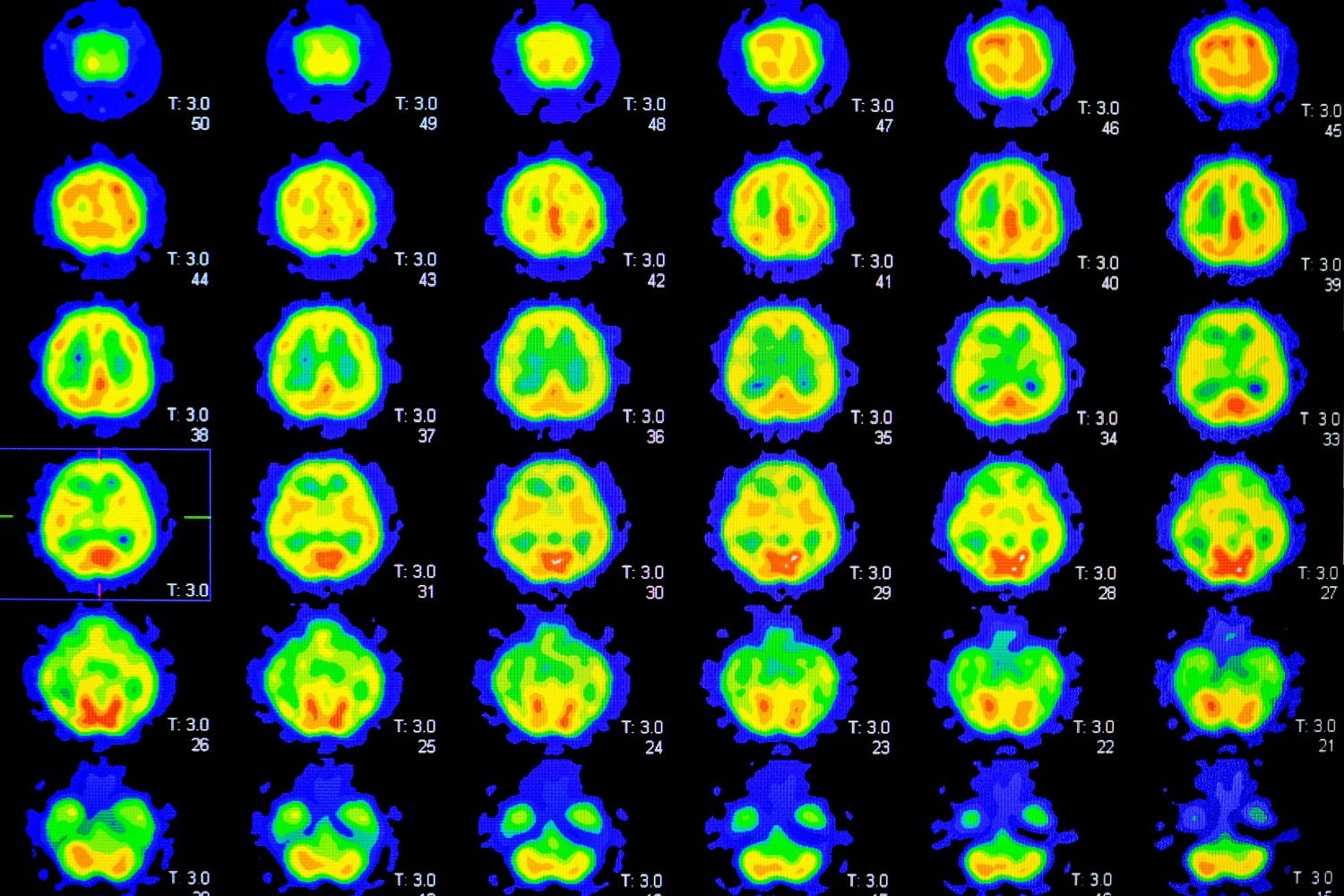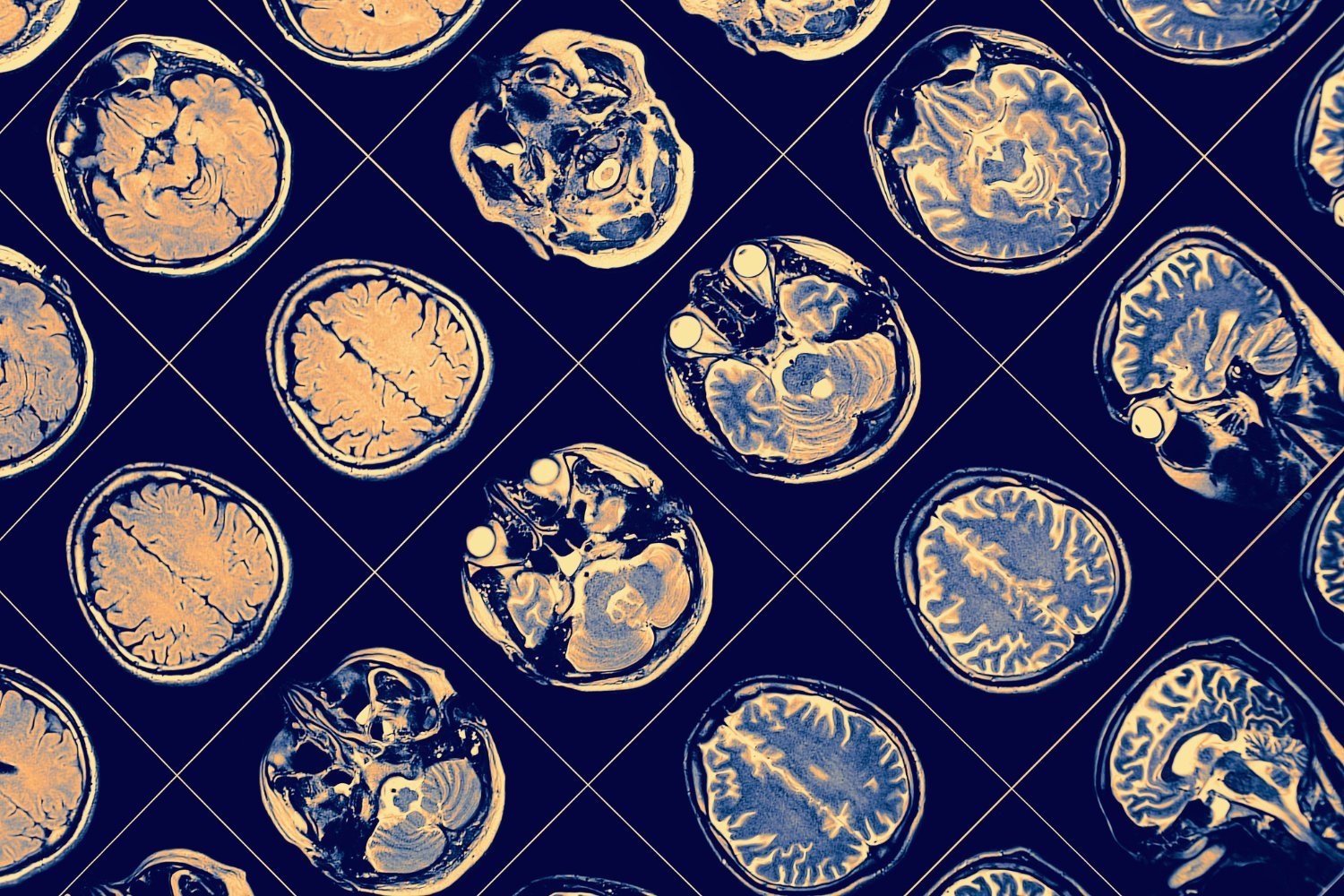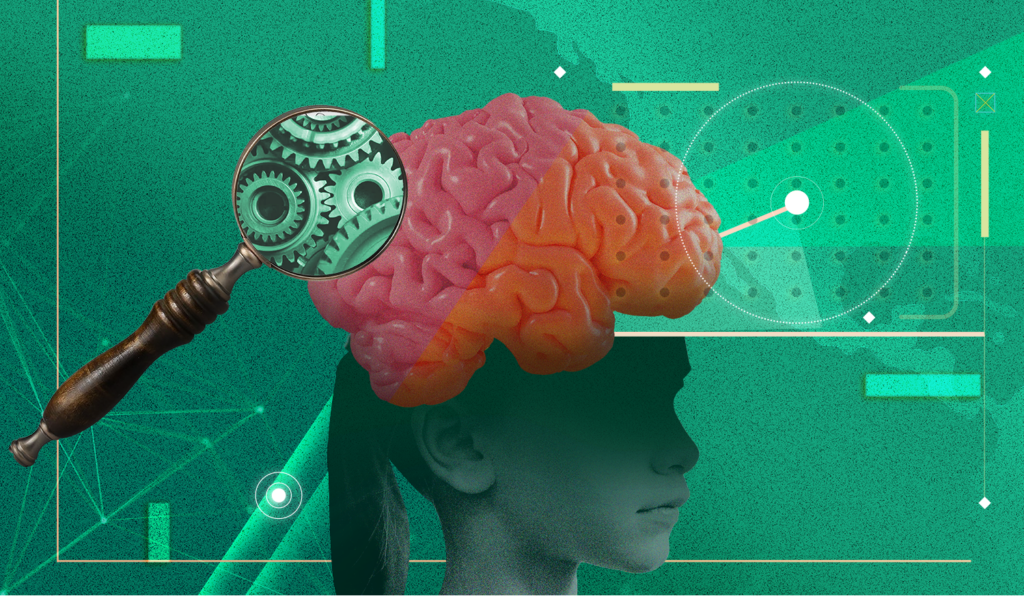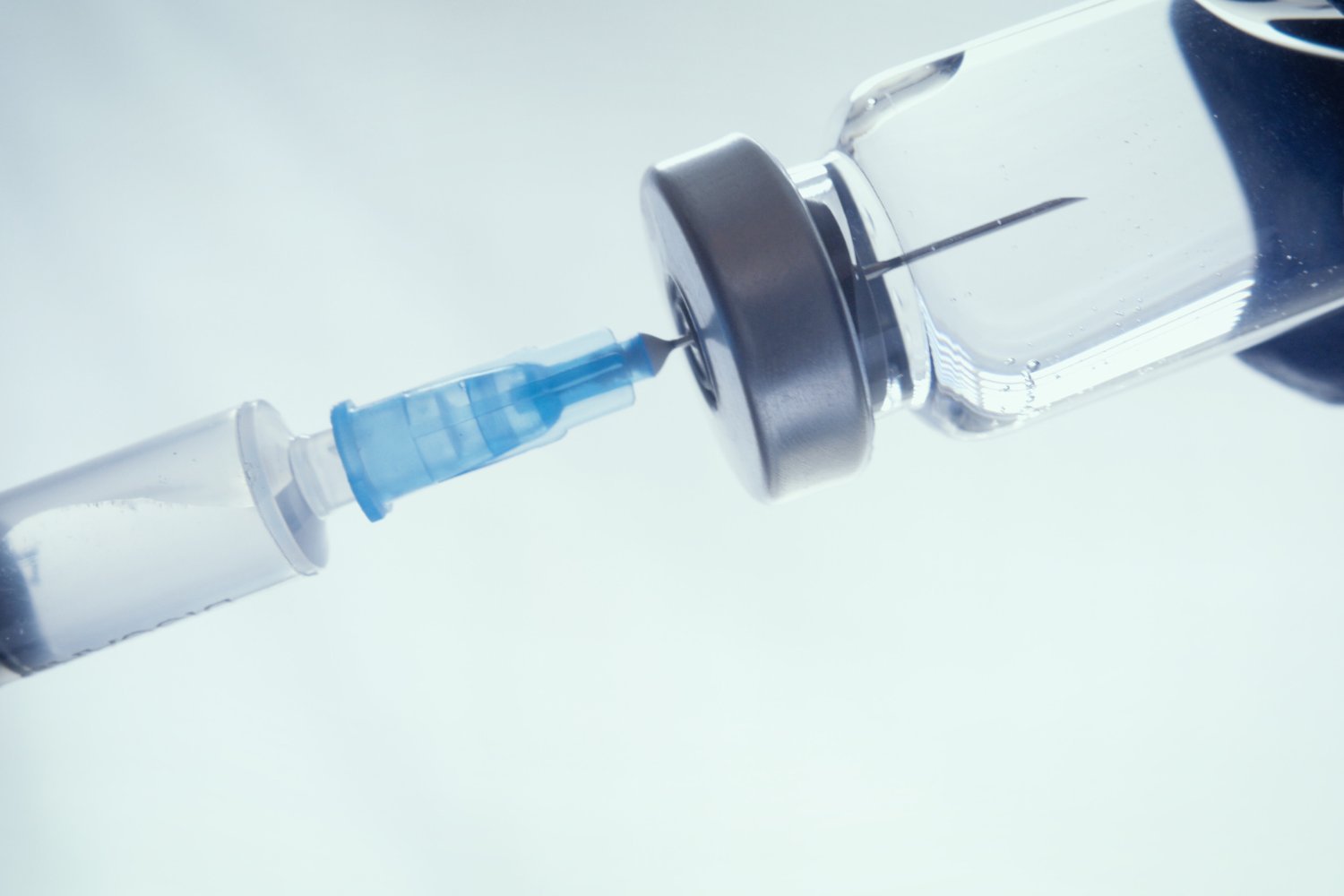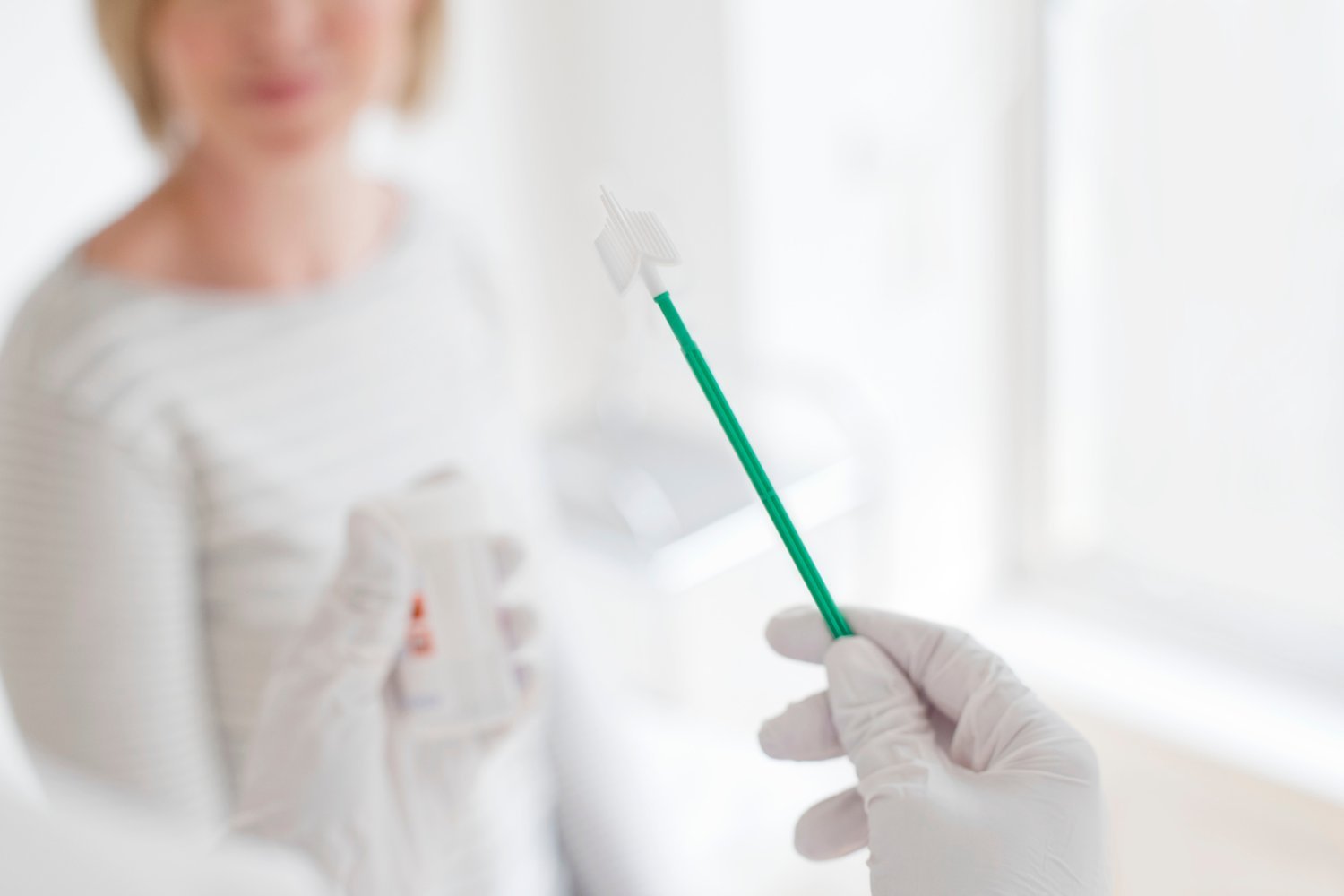The shingles vaccine may offer more than just protection against the painful rash. New research indicates a connection between shingles vaccination and a reduced risk of cardiovascular events like heart attacks and strokes. This adds to the growing body of evidence suggesting shingles poses a greater health threat than previously understood.
A study published in the European Heart Journal, conducted by researchers at Kyung Hee University in South Korea, analyzed the medical records of over a million South Korean residents aged 50 and over. The results revealed a significant correlation between shingles vaccination and a lower likelihood of developing cardiovascular disease. “This suggests that the vaccine may provide not only protection against shingles itself but also potential benefits for heart health,” study researcher Sooji Lee explained.
Shingles, also known as herpes zoster, is caused by the varicella-zoster virus (VZV), the same virus responsible for chickenpox. After a chickenpox infection, VZV can remain dormant in the body for years, reactivating later in life as shingles, often triggered by a weakened immune system. Shingles typically manifests as a painful rash, sometimes accompanied by lingering nerve pain.
Emerging research suggests that shingles may increase the risk of other serious health issues. Studies have linked shingles to a higher risk of Alzheimer’s disease and dementia, while shingles vaccination has been associated with a reduced risk of dementia. Previous research has also indicated a potential link between shingles and heart complications following infection. However, this recent study delves into the preventative potential of vaccination against these cardiovascular risks.
South Korea’s single-payer, publicly funded healthcare system provides a unique opportunity for researchers to analyze population health data. The researchers leveraged this system to track shingles vaccination status and cardiovascular health starting in 2012, when the shingles vaccine first became available in the country.
The study found that shingles vaccination was associated with a 23% lower risk of any new cardiovascular condition, a 26% lower risk of major cardiovascular events (heart attacks and strokes), and a 26% lower risk of heart failure. This protective effect was most pronounced in the first two to three years after vaccination but remained evident up to eight years later. The benefits were also stronger in men, individuals with pre-existing health conditions, and those living in rural or low-income areas. “Because our study was conducted in a large general population, these findings may be broadly applicable,” Lee noted.
While this study is observational and doesn’t establish direct causation, it points to a compelling correlation. Shingles can cause inflammation, blood clots, and blood vessel damage, all recognized risk factors for cardiovascular disease. Researchers theorize that nerve damage from shingles could also disrupt heart rhythm, potentially leading to cardiac arrest.
It’s important to note that this study focused on the Zostavax vaccine, which uses a weakened live virus. This vaccine has largely been replaced by Shingrix, a recombinant vaccine using a viral protein. Shingrix is considered more effective in preventing shingles and may offer enhanced protection against dementia. Further research is planned to investigate whether Shingrix provides similar or superior cardiovascular benefits compared to Zostavax.
Given the potential for significant discomfort and long-term complications from shingles, vaccination is highly recommended. The added possibility of protecting heart and brain health makes the shingles vaccine even more compelling.





